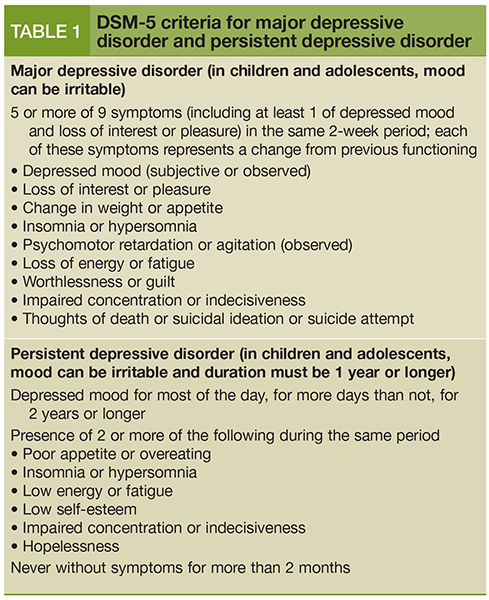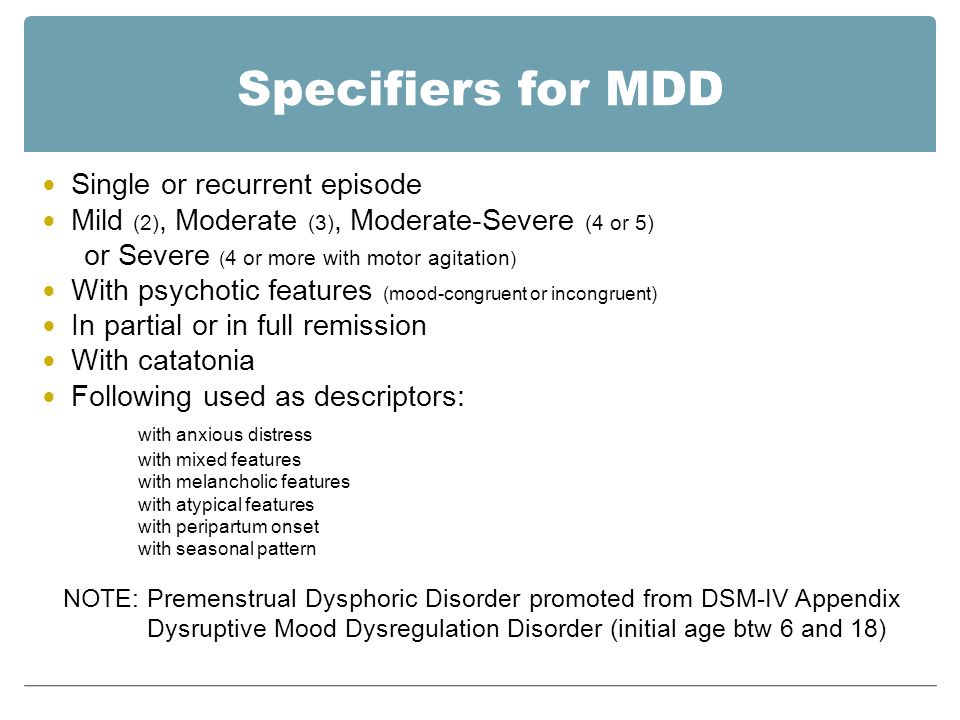Va Rating Schedule For Major Depressive Disorder
depressive disorder majorIf you receive a 0 rating the VA found your major depressive disorder to be service-connected but also found that the condition does not affect your life enough to receive benefits. If your major depressive disorder is considered a service-connected disability the VA will assign a rating of either 0 10 30 50 70 or 100.
Https Www Neurologic Theclinics Com Article S0733 8619 10 00137 4 Pdf
The schedule for rating for mental disorders is set forth as follows.
Va rating schedule for major depressive disorder. The nomenclature employed in this portion of the rating schedule is based upon the American Psychiatric Associations Diagnostic and Statistical Manual of Mental Disorders Fifth Edition DSM-5 see 4125 for availability information. Major or mild neurocognitive disorder due to HIV or other infections. 48 5 May 2009.
In fact stress from adjusting to military life has also been known to cause depression. 4130 Schedule of ratings - Mental disorders. 4130 Schedule of ratings - Mental disorders.
The United States Department of Veterans Affairs VA has a compensation schedule for rating disabilities. The nomenclature employed in this portion of the rating schedule is based upon the American Psychiatric Associations Diagnostic and Statistical Manual of Mental Disorders Fifth Edition DSM-5 see 4125 for availability information. Major depressive disorder or depression is categorized under Mood Disorders To be diagnosed with major depressive disorder you must experience at least two major episodes of depression that last at least two weeks and follow-on symptoms that severely impact your ability to function on a daily basis.
Rating agencies must be thoroughly familiar with this manual to properly implement the directives in 4125 through 4129 and to apply the general. VA claims for PTSD and Depression are rated on the same general scale according to CFR 38 Part 4 Schedule for Rating Disabilities General Rating Formula for Mental Disorders. The VA rating for PTSD and depression is based on the rating schedule for mental health conditions.
Major depressive disorder Mood disorder not otherwise specified No. The VA will give you a disability rating based upon the severity of your MAJOR DEPRESSIVE DISORDER specifically related to your level of occupational and social impairment. In order to get a VA rating for PTSD and Depression you need to have 1 A medical diagnosis of both conditions with a separate diagnosis for each 2 A clear Nexus to prove service connection for PTSD and Depression and 3 Current symptoms of the mental health conditions.
How the VA Rates Mental Health. Depression is a major cause of unemployability in the US making VA disability compensation for depression extremely important. If you are considered service-connected you will receive a VA disability rating for MAJOR DEPRESSIVE DISORDER of 0 10 30 50 70 or 100.
Mental health conditions are rated at 0 10 30 50 70 and 100 percent using VAs General Rating Formula for Mental Disorders. Impairment of Auditory Acuity 485 - Evaluation of Hearing Impairment 486 - Exceptional Patterns of Hearing Impairment 487 - Schedule of Ratings - Ear 487a - Schedule of Ratings - Other Sense Organs Infectious Diseases Immune Disorders and Nutritional Deficiencies 488 - 488a - ReservedChronic Fatigue Syndrome 488b - Schedule of Ratings - Infectious Diseases Immune Disorders and. 48 5509 4130-3 9440.
As many as one in every three veterans suffer from depression anxiety adjustment disorder PTSD or other psychiatric disorder - two to three times more than the general population. Schizophrenia and other psychotic disorders. Depression falls under the General Rating Formula for Mental Disorders category on the rating schedule.
Major or mild neurocognitive disorder due to another medical condition or substancemedication-induced major or mild neurocognitive disorder. Rating agencies must be thoroughly familiar with this manual to properly implement the directives in 4125 through 4129 and to apply the general rating formula for mental disorders in 4130. These ratings are based on the level of social and occupational impairment a veteran experiences and the severity of symptoms VA uses to characterize that impairment.
For example a veteran experiencing mild symptoms or whose symptoms are well controlled by continuous medication may receive a 10 percent disability rating for depression. These conditions may include depression PTSD eating disorders anxiety disorders bipolar disorder and more. The VA rates this mental illness based on how much it impairs the veterans occupational and social ability.
Major or mild neurocognitive disorder due to Alzheimers disease. On 23 April 2009 the VA published a final rule effective that same date to amend VA. So the rating system is the same as that of other mental illnesses like anxiety disorders.
Schedule for Rating Disabilities Veterans Benefits Administration Supplement No.



